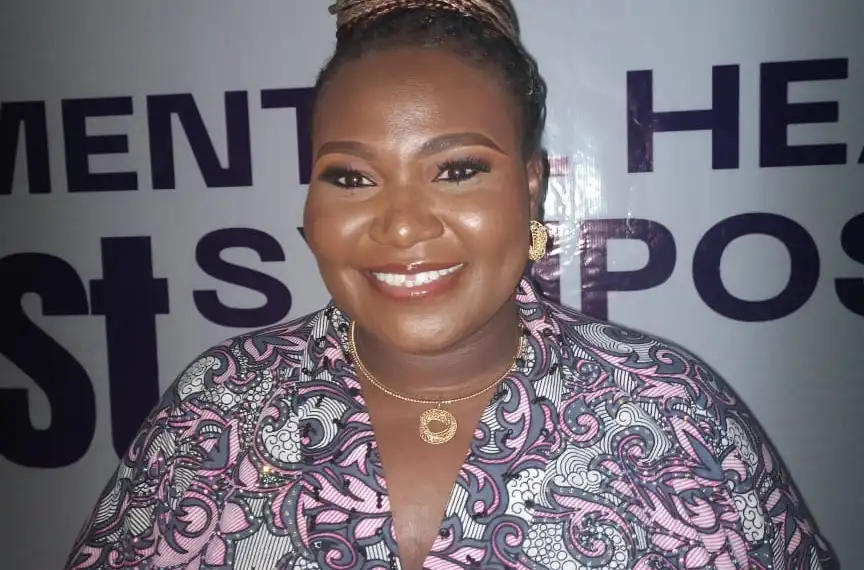
As World Mental Health Day holds tomorrow, an expert and founder of Mental Health Ditty Foundation, Dr. Adedotun Esan, has appealed to the Federal Government to decriminalise suicides and attempts in Nigeria.
She argued that anyone, who tries to kill himself or herself, needs help, not punishment, and should not be put behind bars.
Esan also called for integration of mental health services into the nation’s primary healthcare.
The World Health Organisation (WHO) declared every October 10 as a global event to raise awareness of mental health issues around the globe to mobilise efforts in support of victims.
“The global agency noted: “More than 700,000 people take their own lives every years. Criminalising suicide only serves to exacerbate people’s distress, while decriminalisation of suicide and suicide attempts is a critical step that governments can take in their efforts to prevent suicide.
Speaking at the first mental health symposium, organised by the foundation, with the theme: “Achieving social inclusion through community kindness,” Esan stated that in Nigeria, attempted suicide is regarded as a crime, and anyone who attempts it, is liable to a one-year imprisonment.
She said: “We don’t want people to be criminalised for attempting suicide, but we want them to get help.
In Nigeria, attempted suicide is a crime. If you try to kill yourself in Nigeria, you’re going to be jailed for one year. One of the things we are driving is to decriminalise attempted suicide and suicide in Nigeria. Anyone that attempts, needs help. So let us give them help, and not put them behind bars because that will cause more problems for them.
And as a network, we have that campaign going on now.”
Esan stressed the need to increase funding for mental health services, and its integration into primary health care to make services accessible and affordable to the people.
She expressed happiness that the subject was becoming a priority for the government.
On her part, a Consultant Psychiatrist, Dr. Motunrayo Oyelohunnu, lamented that some people have certain biases about victims, prompting them not being empathetic enough.






